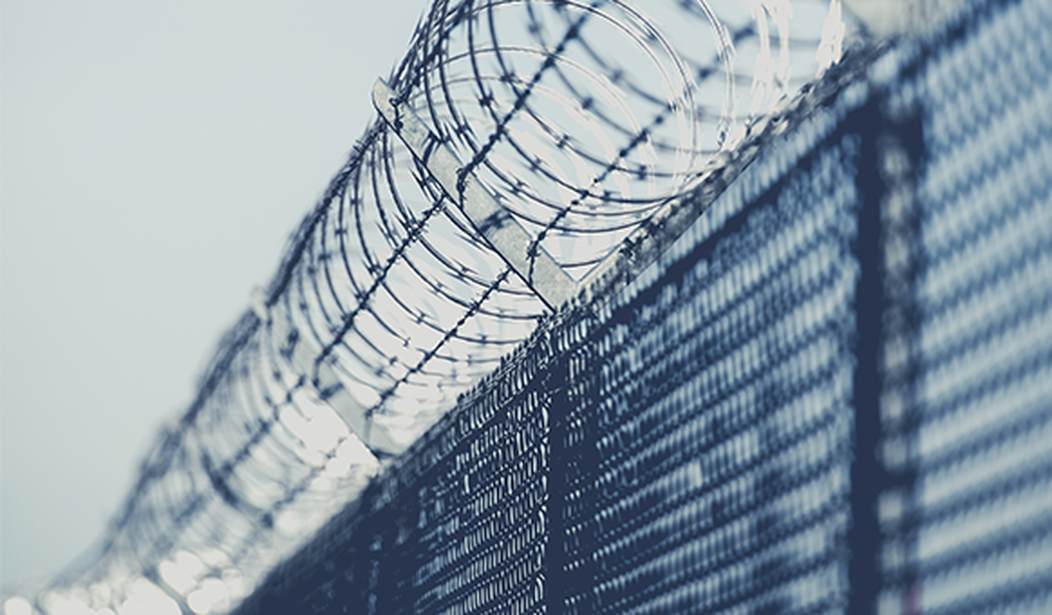Four years ago, Democratic New York State legislators passed a revolutionary judicial reform measure that eliminated bail for most misdemeanors and nonviolent felonies. It was the third time that legislators backtracked on the “no-bail” law following public outcry over violent felons being released and then committing heinous crimes.
For some, it’s a question of punishment. But for most, getting violent criminals off the streets and segregated from the general public is the goal. And New York’s legislature has failed the most basic task that people ask of it: the need to be protected.
“It was very clear that changes need to be made,” Gov. Kathy Hochul said when she announced a successful conclusion of negotiations.
The precise details are unknown — the law is still being drafted as part of the state budget that is expected to be ratified next week — but Ms. Hochul said that she and the Legislature intend to eliminate a provision that requires judges to prescribe the “least restrictive” means to ensure defendants return to court.
While judges will remain unable to set bail for a vast majority of misdemeanor and nonviolent charges, such a change could nonetheless have a dramatic impact, giving judges greater discretion to hold defendants — particularly repeat or serious offenders — before their trials.
So no more criminals charged with assault with a deadly weapon getting a “Get Out of Jail” free card — if the judges agree to use their discretion. That’s hardly a given in New York State.
Whatever the left sees as “criminal justice reform,” the people aren’t buying bail reform as being part of it.
A recent Siena College poll found overwhelming support for changes to the state’s bail laws, with more than 70 percent saying judges should have greater leeway in setting bail for defendants accused of serious crimes. Only 20 percent opposed that idea.
Some efforts to modify bail laws have been derailed even in safely Democratic states like California, where lawmakers overhauled the system in 2018 but failed to pass additional changes last year. Leniency on bail has also become an issue in several recent races for governor, including in Michigan, Colorado and Illinois, where a law ending cash bail, scheduled to take effect in January, is being challenged in the state’s Supreme Court.
The changes being promoted by Hochul are backed by law enforcement and prosecutors statewide. Given what’s happened recently, it’s really a no-brainer.
The governor’s office on Friday pointed to a pair of recent incidents — including the choking death of a 15-year-old and an attempted murder — in which the judge cited the “least restrictive” standard in permitting the pretrial release of defendants. The coming bill is likely to include new language asking judges to instead consider the “kind or degree of control or restriction necessary” to get defendants to return to court.
Facing a long prison sentence is usually the primary reason criminals jump bail. And reformers — the true bleeding hearts — believe that bail should be set ridiculously low because, well, racism. The goal isn’t to keep violent criminals off the streets. It’s to allow violent criminals to walk free by setting bail that they can afford.
Judges need to take into account the likelihood that criminals will commit other crimes while out on bail. If they do that, there will fewer criminals with the ability to re-offend out on the streets.










Join the conversation as a VIP Member